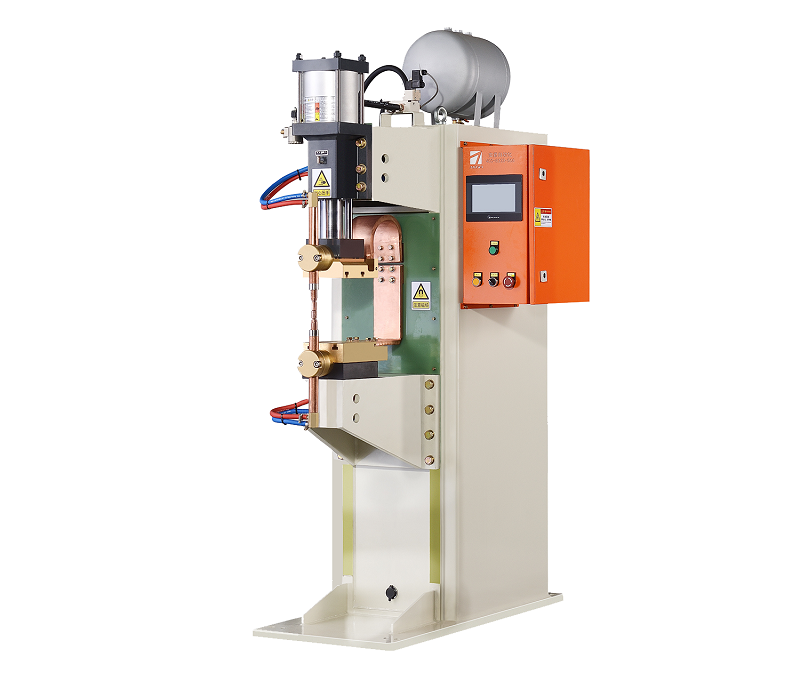Usage Limitations of Medium Frequency Inverter Spot Welding Machines
Medium frequency inverter spot welding machines are versatile tools used in various industrial applications. While they offer numerous benefits, it is important to be aware of their usage limitations. This article explores the specific limitations associated with the use of medium frequency inverter spot welding machines.

- Material Compatibility: Medium frequency inverter spot welding machines are designed to work with specific materials, such as low carbon steels, stainless steels, and certain alloys. It is important to consider the material compatibility before using the welding machine. Welding materials that are incompatible or not recommended can lead to poor weld quality, weak joints, and potential material damage.
- Thickness Limitations: Medium frequency inverter spot welding machines have certain limitations on the thickness of the materials that can be effectively welded. Exceeding the maximum recommended thickness can result in inadequate heat penetration, insufficient fusion, and weakened weld strength. It is essential to adhere to the machine’s thickness specifications to ensure optimal welding performance.
- Joint Configuration: The design and configuration of the joint can also impose limitations on the use of medium frequency inverter spot welding machines. Complex joint geometries, tight clearances, or hard-to-reach areas may pose challenges for achieving consistent and high-quality welds. It is important to assess the joint configuration and determine if the welding machine is suitable for the specific application.
- Power Supply: Medium frequency inverter spot welding machines require a stable and sufficient power supply to operate effectively. Voltage fluctuations, inadequate power capacity, or poor electrical grounding can impact the machine’s performance and weld quality. It is crucial to ensure the availability of a reliable power source that meets the machine’s electrical requirements.
- Operator Skill and Training: The successful operation of medium frequency inverter spot welding machines relies on the skill and training of the operator. Improper setup, incorrect parameter settings, or inadequate welding techniques can compromise the weld quality. It is essential to provide operators with the necessary training and knowledge to use the welding machine correctly and ensure consistent and reliable welds.
While medium frequency inverter spot welding machines offer significant advantages in various welding applications, it is important to recognize their usage limitations. Considering material compatibility, thickness restrictions, joint configuration, power supply requirements, and operator skill is crucial for achieving optimal welding results. By understanding and respecting these limitations, users can maximize the efficiency and effectiveness of medium frequency inverter spot welding machines while ensuring high-quality welds and safe welding operations.